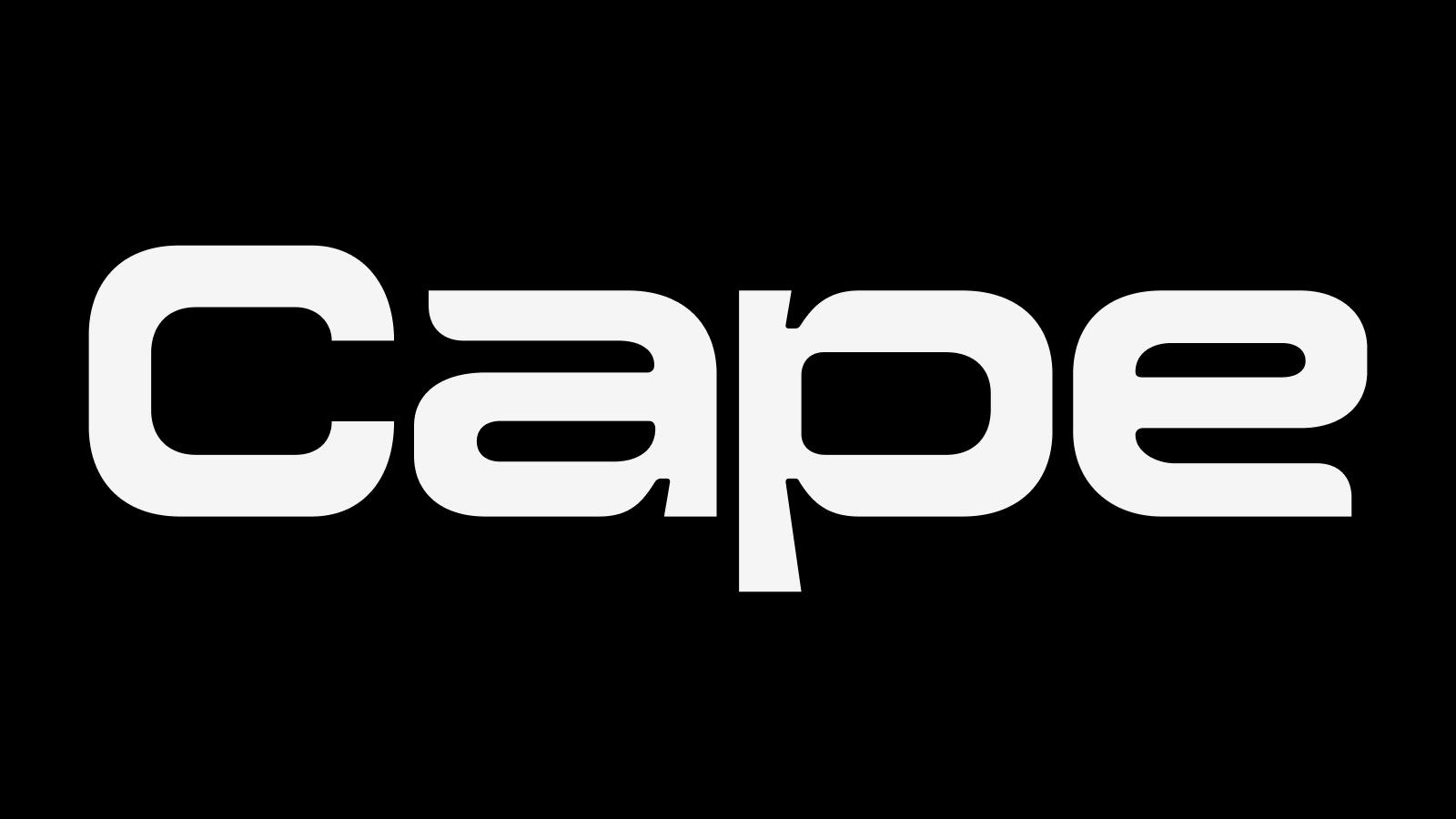There is this carrier I stumbled upon called Cape, calls itself America’s privacy first carrier.
It claims to offer privacy and security and to only store necessary information.
We don’t collect your name, social security number, address, or other personal information. Any data we do receive (like call logs) is deleted after 60 days.
We secure your account against SIM swaps—attacks to steal your phone number and access your accounts—with modern cryptography protocols.
Our proprietary signaling protection blocks attempts by bad actors to intercept calls and SMS via outdated signaling protocols like SS7.
Voicemails can hold sensitive information like 2FA codes. Cape encrypts your voicemails so only you have access to them.
We don’t collect your name or billing address at checkout, and Cape never sees your credit card details.
Anonymous sign-up
They are also partnered with Proton
Here is a detailed list of what data they collect
They are currently offering a $1.50 trial for one month.
The CEO, John Doyle, was a communications specialist in the U.S. Army and worked for Palantir.
Thoughts?



Sounds like good ol’ too-good-to-be-true honeytrappery to me, but that’s pure knee-jerk speculation on my part. Army+Palantir = massive alarm bells in my book, and Proton has a growing number of issues that have tainted their reputation.
I also don’t know how it would even be possible to legally operate a privacy-centric carrier in the US given the requirements of the Patriot Act/etc. To say nothing of how deeply intertwined they all are with alphabet agencies and data brokers.
At the very least I’d use extreme caution and operate under the assumption that they’re not being 100% truthful.
The Patriot Act was sunset years ago, and even before that it had nothing to do with requiring companies to collect information.
Many of its mechanisms effectively forced entire industries to require a ton more identification, record-keeping, and access by law enforcement… particularly financial and telecom companies. Or at least that’s how courts and corporate lawyers ultimately interpreted it. Potato, potato.
Though you are right that the act itself was not reauthorized in 2020. I must have missed the final vote, after its initial passage. That said, plenty of its impacts remain as they’ve been spun off into their own bits of legislation. I suppose “post-Patriot-Act America” would have been more accurate for me to say. Apologies!
It would be the first ever telecom honeypot. Even if it was a honeypot, nothing sufficient can be collected and it would not make sense to waste so much resources on an entire telecom company for no info. Just does not make sense
Don’t be paranoid whenever you stumble upon a privacy company because If everybody doesn’t trust a decent privacy focused company like you, the company will fall. You can’t just assume something is a honeypot because of small details.